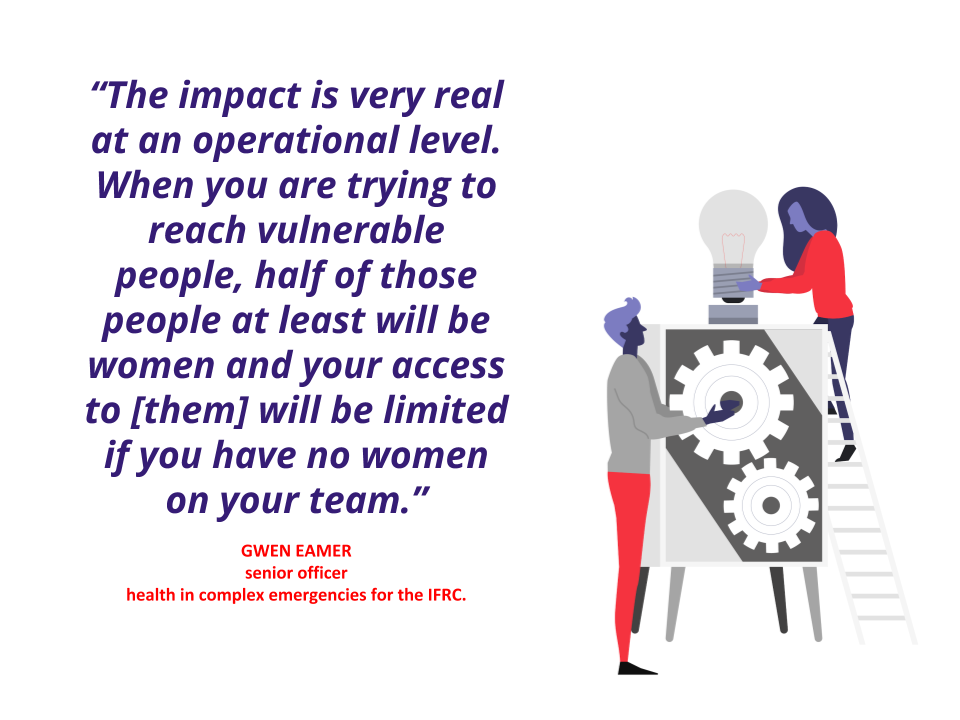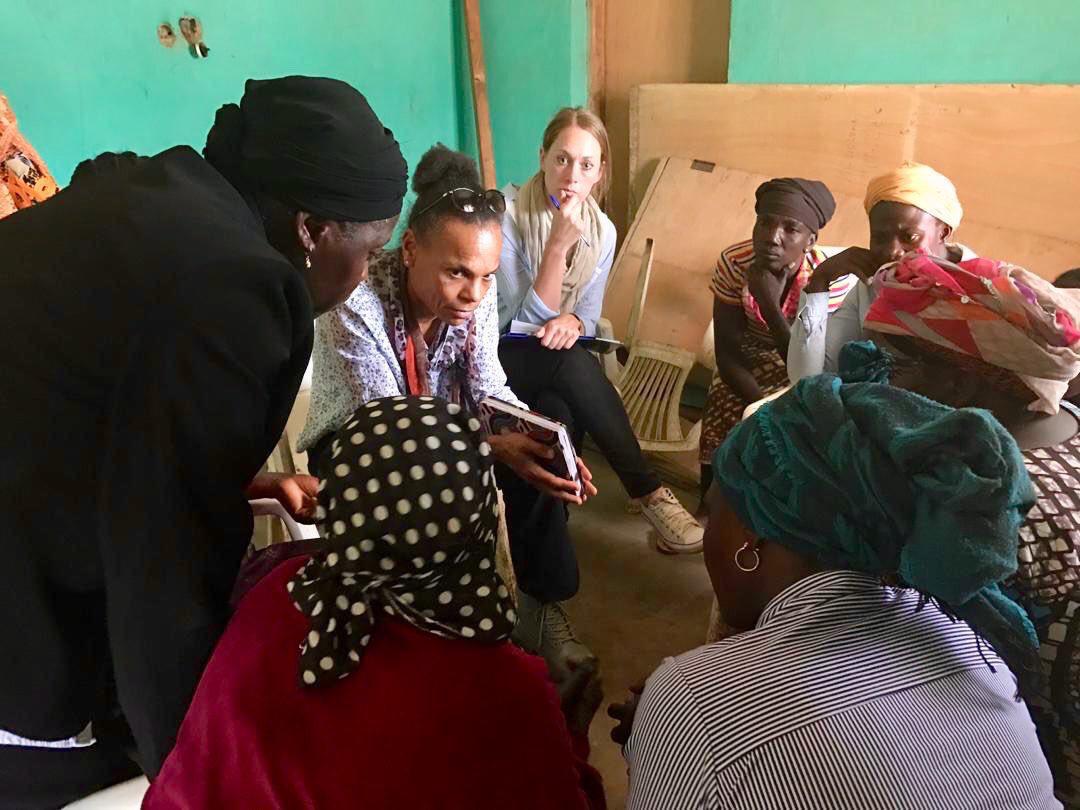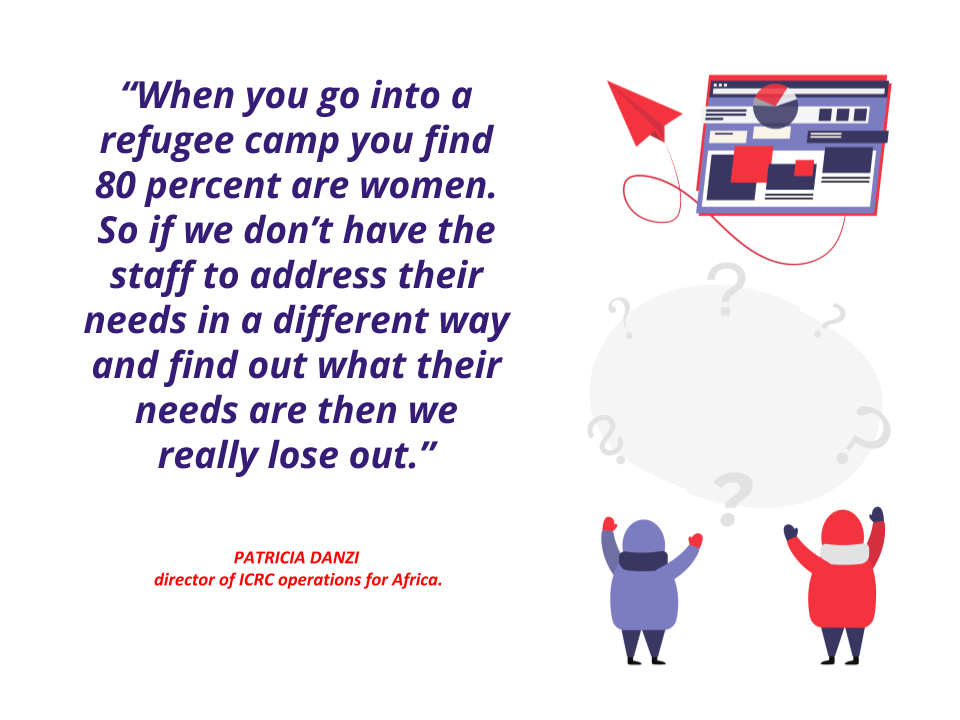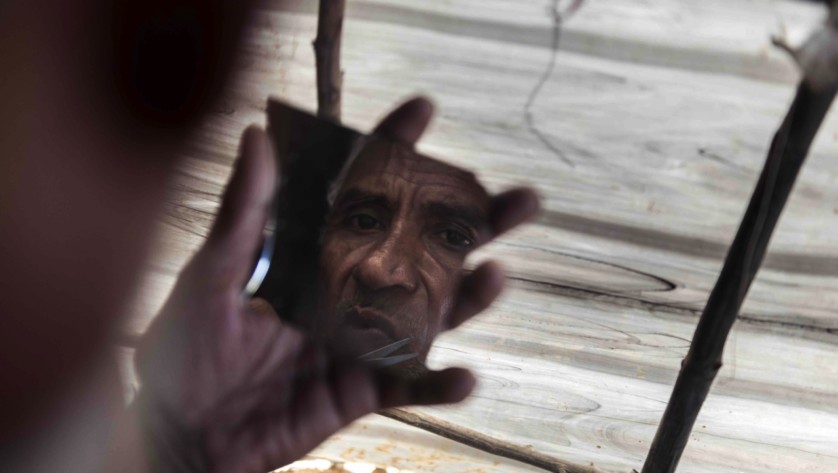A difference in perspectives
A more inclusive workplace could also have a positive impact in terms of reducing the power imbalances that lead to sexual exploitation, assault and workplace bullying. This is not to say women are immune from engaging in harassment or bullying or from covering up such behaviour, as some scandals (including the infamous Oxfam scandal of 2018) have shown.
But the general consensus is that most sexual abuse scandals, largely perpetrated by men in positions of power, have been enabled by male-dominated work cultures. Because women are likely to be far more sensitive to these issues, having women in positions of authority would serve as an important check against abuses and cover-ups.
“There is a difference in perspective in how we look at things like gender-based violence or even workplace dynamics,” notes the Maldivian Red Crescent’s Noora Mohamed.
After the Oxfam scandal, in which the organization was accused of covering up an investigation into the hiring of sex workers by male staff working in Haiti, Devex (a media platform for the global development community) coined the term #AidToo. The hashtag was a signal that the sector needs to take ownership of these issues and be more proactive in addressing them.
In a November 2018 article for the Humanitarian Practices Network, Yves Daccord, the director general of the ICRC, wrote that, for his organization, addressing power and gender imbalances is critical to tackling the issue of sexual exploitation.
“Just as in the wider #MeToo movement, #AidToo reflects a deep-rooted, systemic problem that goes beyond sexual abuse and strikes at the heart of power imbalances in the aid sector: between men and women; between managers and staff; between international and local actors; and — crucially — between humanitarian workers and people caught up in crisis.
“We need to create an environment of integrity, respect and trust,” he wrote. “We need a culture where people feel safe to speak out, and where allegations are taken seriously and accountability for perpetrators is assured.”
Beyond that, having representation and diversity among staff is also an important step towards maintaining and building trust and credibility with the people humanitarians are hoping to help. In many ways, it comes back to whether humanitarians walk the walk; whether they live up to the Fundamental Principles they tout.
“At the Maldivian Red Crescent, we talk about inclusion in our programmes and services so I truly believe that we as a National Society have a bigger responsibility in our country to really prove and show our inclusivity by ensuring proper representation is there,” says Noora Mohamed.
 Red Cross Red Crescent magazine
Red Cross Red Crescent magazine 









 Tech & Innovation
Tech & Innovation Climate Change
Climate Change Volunteers
Volunteers Health
Health Migration
Migration